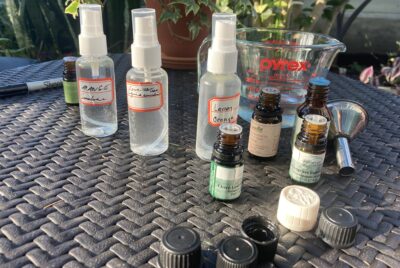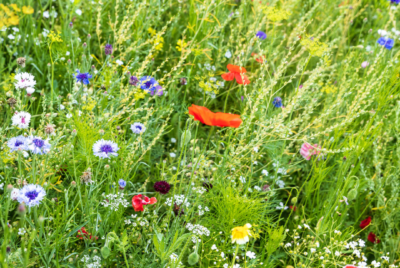RESEARCH
Nature-Based Interventions Targeting Elderly People’s Health and Well-Being: An Evidence Map
Summary
This scoping review looks at how nature-based activities are used in places where people live full-time for care or rehabilitation, such as hospitals, care homes, and prisons. The researchers systematically searched through research articles to find studies on nature activities like gardening, animal therapy, or virtual nature experiences offered in these settings [based on previous turn]. They then examined the study designs, the types of institutions and people involved, the specific nature activity, and the main findings of these studies.
The review identified 85 studies that explored these nature-based interventions. These studies used different ways to measure the impact of these activities on people’s health and well-being. The most common activities studied were gardening and therapeutic horticulture (41 studies), animal-assisted therapies (33 studies), and care farming (8 studies). While the review didn’t combine all the study results together, it generally noted positive effects from these nature-based activities, although the specific benefits varied.







